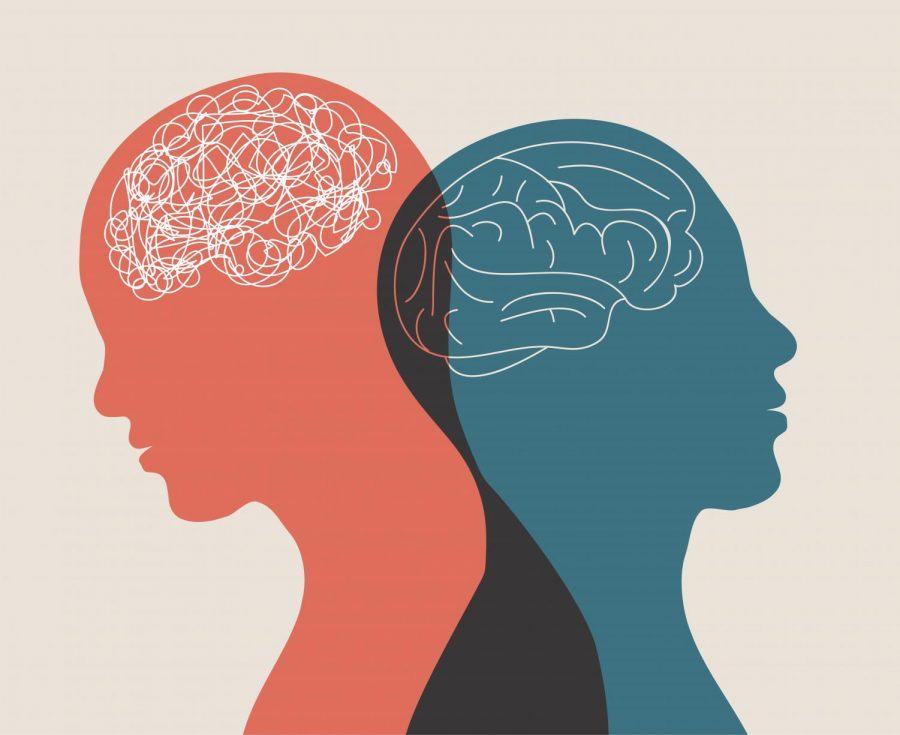Therapy is for everyone, including older individuals
October 19, 2021
Various forms of therapy become procedural as we age, but talk therapy, or psychotherapy, remains off the table for the majority of older folk. Despite the stigma surrounding mental health, therapy for the mind should be prioritized just as much as physical therapies are for older individuals.
Mental health practices did not have a glamorous introduction to the world and were received in the 21st century as a generational taboo. It was a common presumption of the times that one who practices therapy is an individual with serious functional or behavioral issues, and some of this stigma still exists today among both younger and older generations. But as the practice and research have grown over the decades, so have the number of practicing patients and mental health advocates.
An ongoing survey reveals the number of Americans who have seen a therapist in the past year has doubled by the millions since 2002, increasing from 27.2 million to 40.2 million.
Depression isn’t a normal part of aging. However, older adults are at an increased risk of experiencing depression and men over 85 have the highest rate of suicide in the country, according to the Suicide Prevention Resource Center. Because of these alarming statistics, having a conversation with the older generation to raise awareness about the importance of mental health is a significant action we can take.
Having an outlet or release mechanism is a vital sociological element of the human experience. One turns to a friend or therapeutic practices when in need of support, but when it comes to psychological behaviors or experiences that have affected an individual, some of which may be built up over extended periods of time, supporting individuals becomes more complex due to lack of professional guidance or resources.
Many conditions of old age, including illness and disease, can trigger symptoms of depression. Death is more common in the older community than in others; older people experience more loss of family, friends and spouses. This demographic deserves to have mental and emotional support throughout these experiences, and they may not know how to obtain it or feel uncomfortable with seeking resources.
“Celebrities and people that are well known are talking about the importance of mental health, so kids today are growing up with that and when we think of older individuals, they didn’t grow up with that, they grow up with people saying don’t talk about it, hide it, or don’t let anyone know that you have mental health problems,” said Michelle Demaray, professor of psychology. “So that’s unfortunate for them because then they’re not getting the help that they could use, maybe their life could be greatly improved by getting therapy or medication.”
With the ongoing COVID-19 pandemic isolating individuals across the globe and older adults being at the highest risk of severe illness and death, according to the Centers for Disease Control and Prevention, this demographic and its accessibility to mental health professionals today should be emphasized and encouraged by not only primary care physicians, but family members of older people as well.
Seeking therapy isn’t a sign of weakness. To seek help is to seek healing, and that decision and effort makes one stronger in themselves, their thoughts, actions and relationships with others.
“Not dealing with trauma or certain experiences can affect you throughout your life because you’re not dealing with it,” Demaray said. “So, it can contribute to depression and anxiety or mental health problems lifelong. Learning ways to deal with it, manage it, think about those past traumas and process it can help you have a healthier lifestyle and outcome when you’re older.”
Talking to our grandparents and older individuals about depression and mental health is difficult, but having that conversation is the first step in showing that we care, see them and support their struggles.







